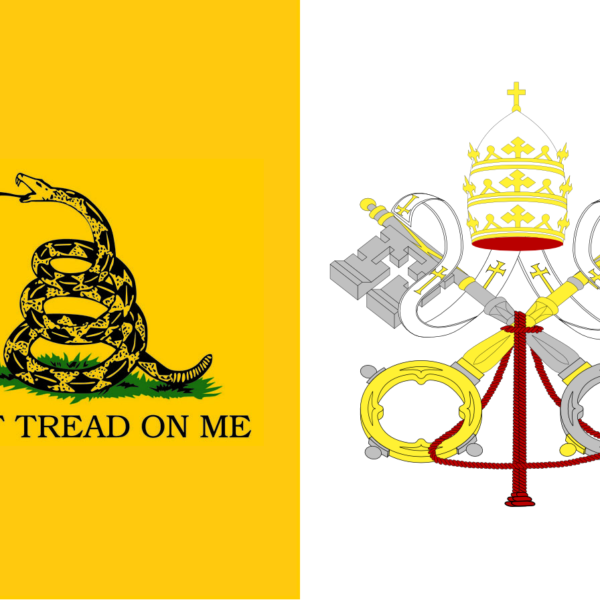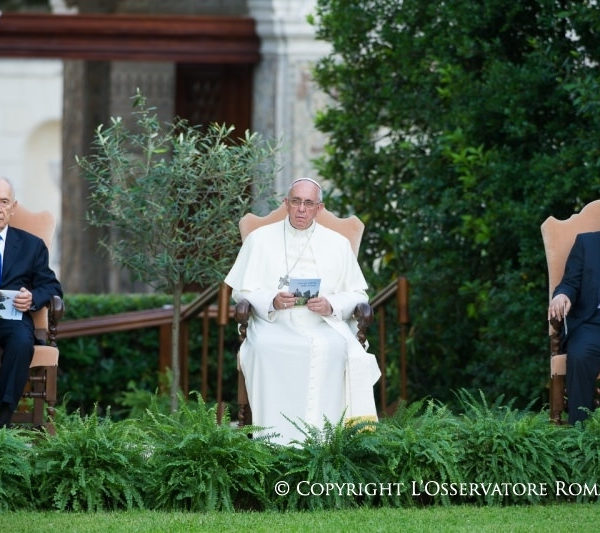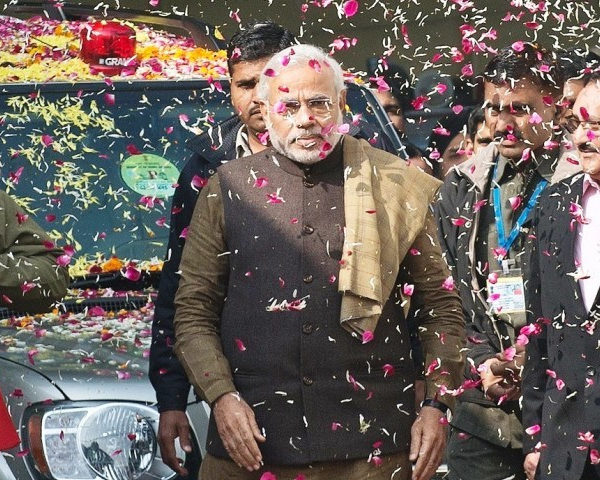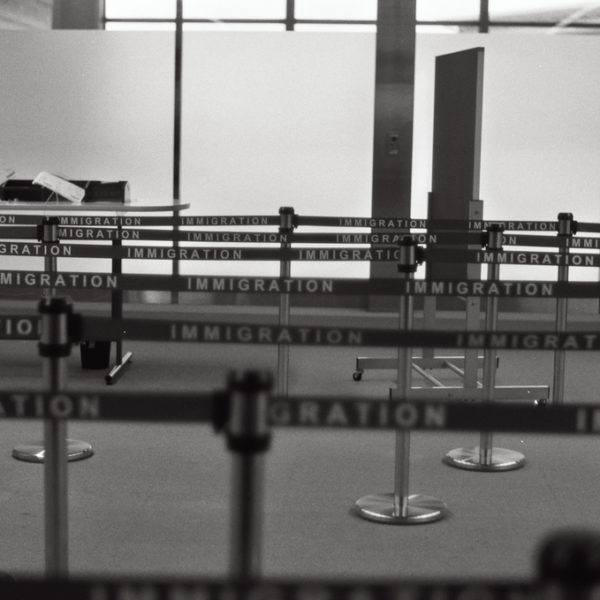
. . . Pastors and church-leaders for the past two years have been very vocal in their efforts to ‘welcome the stranger’ through immigration reform and in so doing are reframing evangelical Christian concerns beyond the rote of life-issues. . . . Though evangelical leaders have pushed for reform, this hasn’t yet filtered down to evangelical congregations who are amongst the most skeptical of CIR. The Public Religion Research Institute (PRRI) noted in 2013 that white evangelical Protestants were the least likely of all religious groups to support a path to citizenship for illegal migrants.
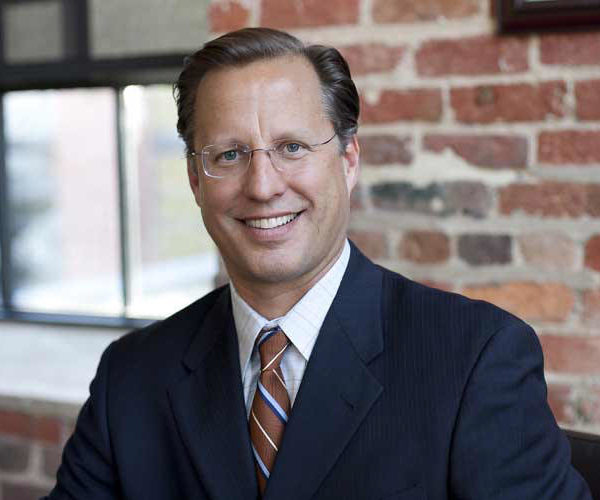
David Brat’s upset of Eric Cantor in Virginia’s District Seven congressional race last week generated waves of buzz, with no small stir churning in the Christian blogosphere. Although political upstarts, especially those that identify as conservative Christians, always tend to create a storm of media buzz, the close attention to Brat is perhaps more justified than most. As I hope will become clear in this brief profile of Brat’s scholarship and political theology, Brat’s somewhat bewildering and seemingly idiosyncratic synthesis of theology and economics illustrates the tensions endemic to the increasingly-libertarian sectors of the Christian Right.

The idea that the political aspects of the Ten Commandments are confined to the latter portion and that the beginning portion is only ‘religious’ in nature is unsustainable. The politics of the commands themselves as well as the politics of the conversations in which those commands are embedded continue to be instructive for faithful communities today.
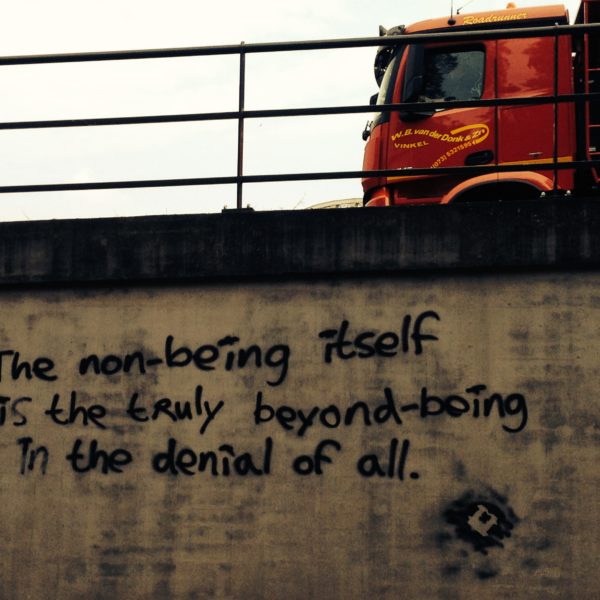
. . . The underlying structural crisis does not seem to have gone away. Indeed, in the last year and, more perspicuously in the past two weeks, it has found a more demanding as well as disquieting focus — student debt as well as the economic albatross of the maturing millennial generation itself. . . . The real scandal is the monstrous moral hazard that the student loan lending system has spawned. It amounts, according to Taibbi, “a shameful and oppressive outrage that for years now has been systematically perpetrated against a generation of young adults.”
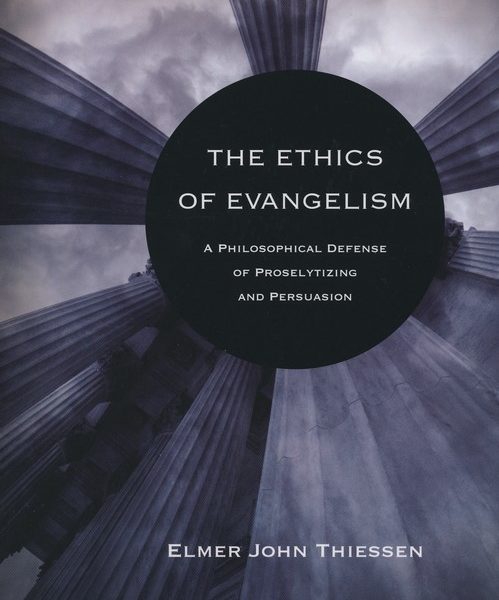
The activity of religious proselytizing or evangelism is often under attack, and would seem to be increasingly so today. Sometimes critics suggest that most proselytizing is immoral, while at other times they call into question the very institution of proselytizing. In other words, proselytizing is considered to be immoral by its very nature. This opposition to proselytizing spills over into the political realm, with at times growing world-wide restrictions on religious freedom and the right to proselytize.
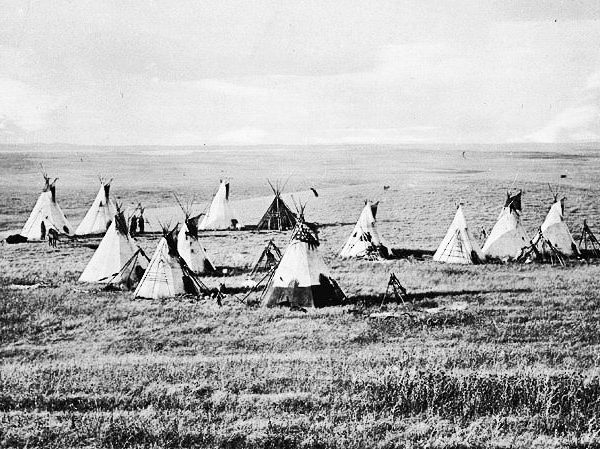
Exodus reminds us of what as human beings we have in common with the land and all of its resources—we are all both creations and possessions of the eternal God. In light of this, as we recognize and respond to our own needs and desires, making claims on the land as a result, we must also recognize the land as possessing its own distinct claims, dignity, and integrity.
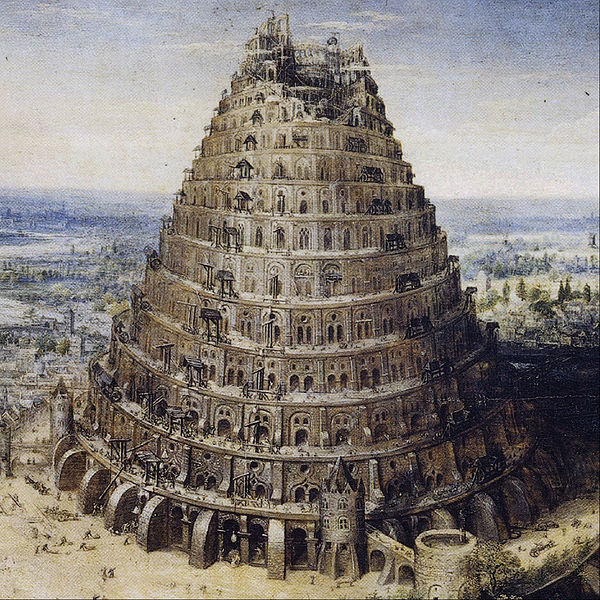
As the people of Pentecost, our political vocation is to manifest the reality of God’s worldwide kingdom, to be a place where the enmity between peoples is overcome and the many tongues of humanity freely unite in the worship of their Creator. Amidst the Babelic projects of the ages, the Church proclaims by its existence that the kingdom belongs to God, that there is no other true ruler over all the nations.

